
BIDV staff advise customers at the transaction counter.
The representative of the State Bank of Vietnam affirmed that despite objective fluctuations, this agency still adheres to the policy of stabilizing exchange rates, ensuring to fully meet the legitimate foreign currency needs of enterprises; at the same time, commercial banks also proactively plan to respond, ready to supply capital with stable and low interest rates.
Ensuring legitimate foreign currency needs
Amid escalating global trade tensions, many businesses are concerned that exchange rate fluctuations will increase operating costs.
Mr. Bill Nguyen, Sales Director of Cainver Co., Ltd., a wood exporter, said that businesses in the industry are facing many challenges, especially the risk of losing orders permanently due to the impact of the US's reciprocal tax measures. Many major partners have planned to switch to sourcing from countries with lower tax rates.
Faced with increasing tariff pressure, businesses need support from the banking sector in stabilizing exchange rates and implementing practical accompanying policies.
Not only the wood industry, but also key export industries such as textiles, seafood, etc. are under pressure from the unpredictable tax policy of US President Donald Trump. Therefore, preparing response scenarios, including exchange rate factors, is necessary.
Deputy Director of the State Bank of Vietnam, Region 2 Branch, Mr. Nguyen Duc Lenh said that with an open economy like Vietnam, exchange rate pressure is unavoidable. However, the State Bank of Vietnam is still determined to maintain exchange rate stability and fully meet the legitimate foreign currency needs of businesses.
Current macroeconomic policies are also aimed at supporting businesses and promoting growth. Currently, export enterprises can borrow short-term loans in VND with interest rates not exceeding 4%/year, according to preferential policies for 5 priority industry groups.
Mr. Nguyen Duc Lenh said that this policy aims to help businesses reduce financial costs, support maintenance and development in the context of being affected by the market and new tax policies of the US. However, to limit exchange rate risks, the State Bank of Vietnam recommends that businesses proactively develop prevention strategies, including using derivative instruments such as foreign currency futures and currency swaps to minimize the impact of exchange rate fluctuations.
Proactive response scenarios
Besides the exchange rate stabilization policy from the regulatory agency, commercial banks also proactively come up with their own solutions.
Mr. Nguyen Duc Vinh, General Director of Vietnam Prosperity Joint Stock Commercial Bank (VPBank), said that the impact of the US's reciprocal tax policy on the bank's operations is insignificant, as revenue from customers exporting to the US only accounts for about 3%.
Currently, VPBank serves about 500 foreign companies, but most of them are in the early stages of development and have not yet been affected by the new tax policy. However, Mr. Vinh noted that the industrial real estate sector may be affected in the near future and needs to be closely monitored. VPBank is working closely with management agencies to find appropriate solutions.
Notably, VPBank's biggest concern at present is the indirect impact on consumer purchasing power and income, which in turn affects customers' ability to spend and repay debts. The bank will closely monitor market developments and update its business plan in the middle of the year for timely adjustments.
Vietcombank Chairman Nguyen Thanh Tung said that if the US imposes a high tax rate of up to 46%, about 55-56% of export turnover to the US will be affected, significantly impacting Vietcombank - where the proportion of international payments and trade finance accounts for 20% of the entire industry. This bank is serving many export enterprises in vulnerable industries such as electronics, wood, seafood, plastics... and has a large FDI customer portfolio.
Vietcombank is proactively supporting customers, diversifying export markets and proposing solutions to management agencies to minimize risks.
BIDV Chairman Phan Duc Tu said that the total outstanding debt of customers that may be affected by tariffs is currently around VND300,000 billion, accounting for 15% of the bank's total outstanding debt. Industries that are greatly affected include steel, plastics, mechanics, seafood, textiles, logistics, industrial real estate, etc., especially enterprises exporting to the US and supporting enterprises in the electronics industry.
Faced with risks from the trade war, BIDV has established a separate steering committee to proactively respond.
Mr. Phan Duc Tu commented that the impact of tax imposition not only affects production but also spreads to the banking credit sector. When business activities slow down, the demand for loans and mobilization, especially from the FDI sector, tends to decrease.
Banking services such as international payments, money transfers, guarantees, etc. have also been reduced due to trade disruptions, reducing non-credit revenue. At the same time, a decline in corporate revenue could increase bad debt, forcing banks to set aside more provisions, affecting profits. BIDV is reviewing each affected business to provide appropriate support.
According to Nhan Dan Newspaper
Source: https://baohoabinh.com.vn/12/201981/Giam-tac-dong-tu-bien-dong-thue-quan.htm












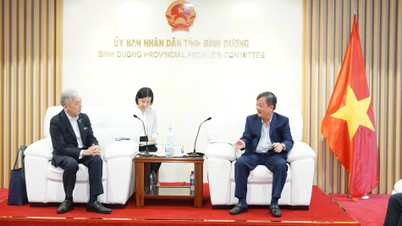



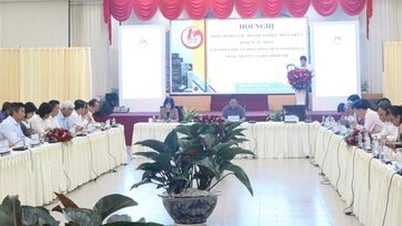






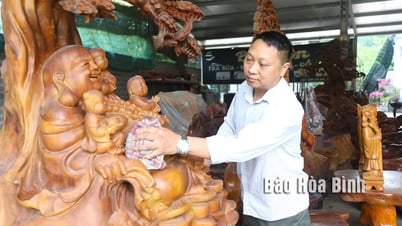


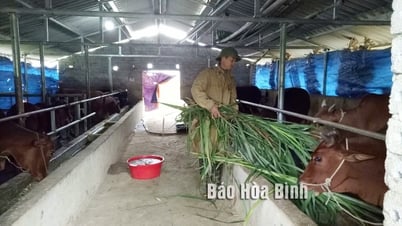
























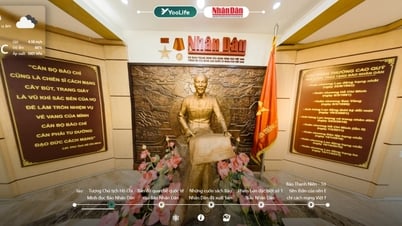








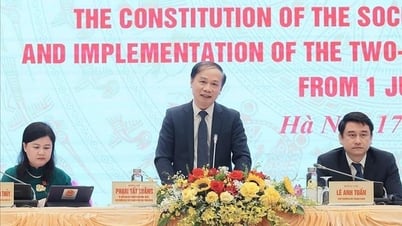







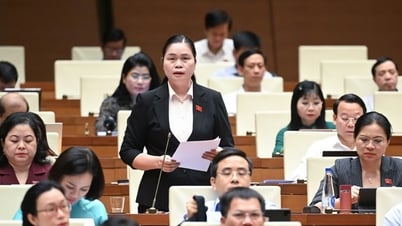








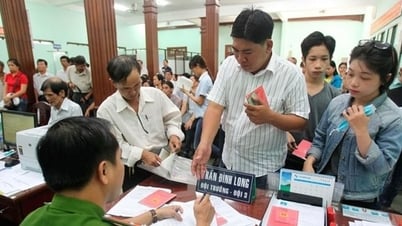


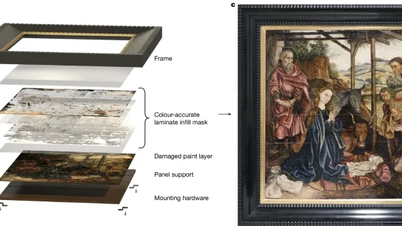
















Comment (0)